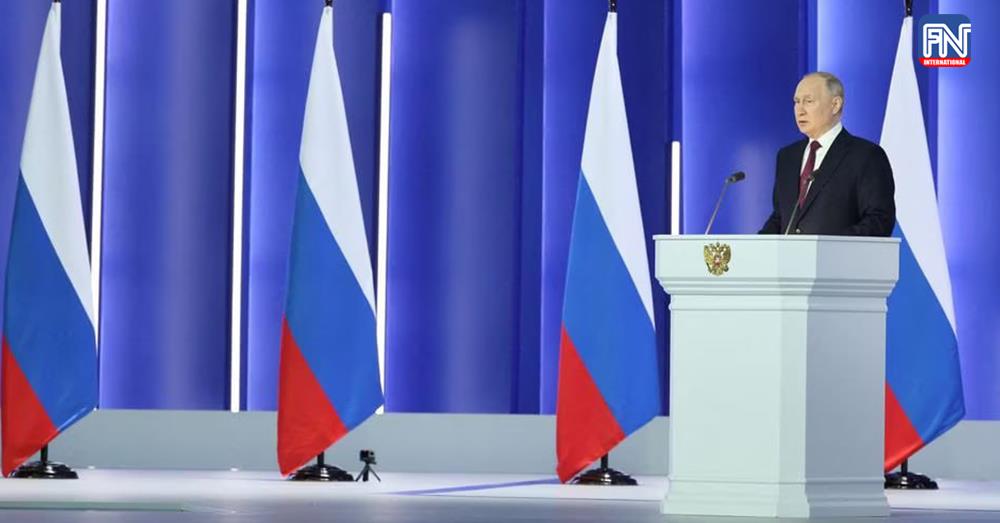LONDON, Feb 22 (Reuters) - Russia will stick to agreed limits on nuclear missiles and keep informing the United States about changes in its deployments, a senior defence official said on Wednesday, despite the suspension of its last remaining arms control treaty with Washington.
Both chambers of Russia's parliament voted quickly in favour of suspending Moscow's participation in the New START treaty, rubber-stamping a decision that President Vladimir Putin announced on Tuesday when he accused the West of trying to inflict a "strategic defeat" on Russia in Ukraine.
But a top defence ministry official, Major-General Yevgeny Ilyin, told the lower house, or Duma, that Russia would continue to observe agreed restrictions on nuclear delivery systems - meaning missiles and strategic bomber planes.
RIA news agency quoted Ilyin as saying Moscow would also continue to provide Washington with notifications on nuclear deployments in order "to prevent false alarms, which is important for maintaining strategic stability".
Deputy Foreign Minister Sergei Ryabkov also sounded a reassuring note. "I do not believe that the decision to suspend the New START Treaty brings us closer to nuclear war," he said, in comments cited by the Interfax news agency.
The assurances suggested that Putin's move would have little immediate practical impact, even if it casts doubt on the long-term future of a treaty designed to reduce nuclear risk by providing a degree of transparency and predictability to both sides.
Putin has a long-track record of trying to wrongfoot and unsettle the West. Since Russian forces invaded Ukraine a year ago, he has repeatedly boasted about Russia's nuclear arsenal and said he would be willing to use it if the country's "territorial integrity" is threatened.
The 2010 New START treaty limits each country's deployed nuclear warheads to 1,550 - a level Russia has also said it will continue to observe - and deployed missiles and heavy bombers to 700.
Security analysts say its potential collapse, or failure to replace it when it expires in 2026, could unleash a new arms race at a perilous moment when Putin is increasingly portraying the Ukraine war as a direct confrontation with the West.
